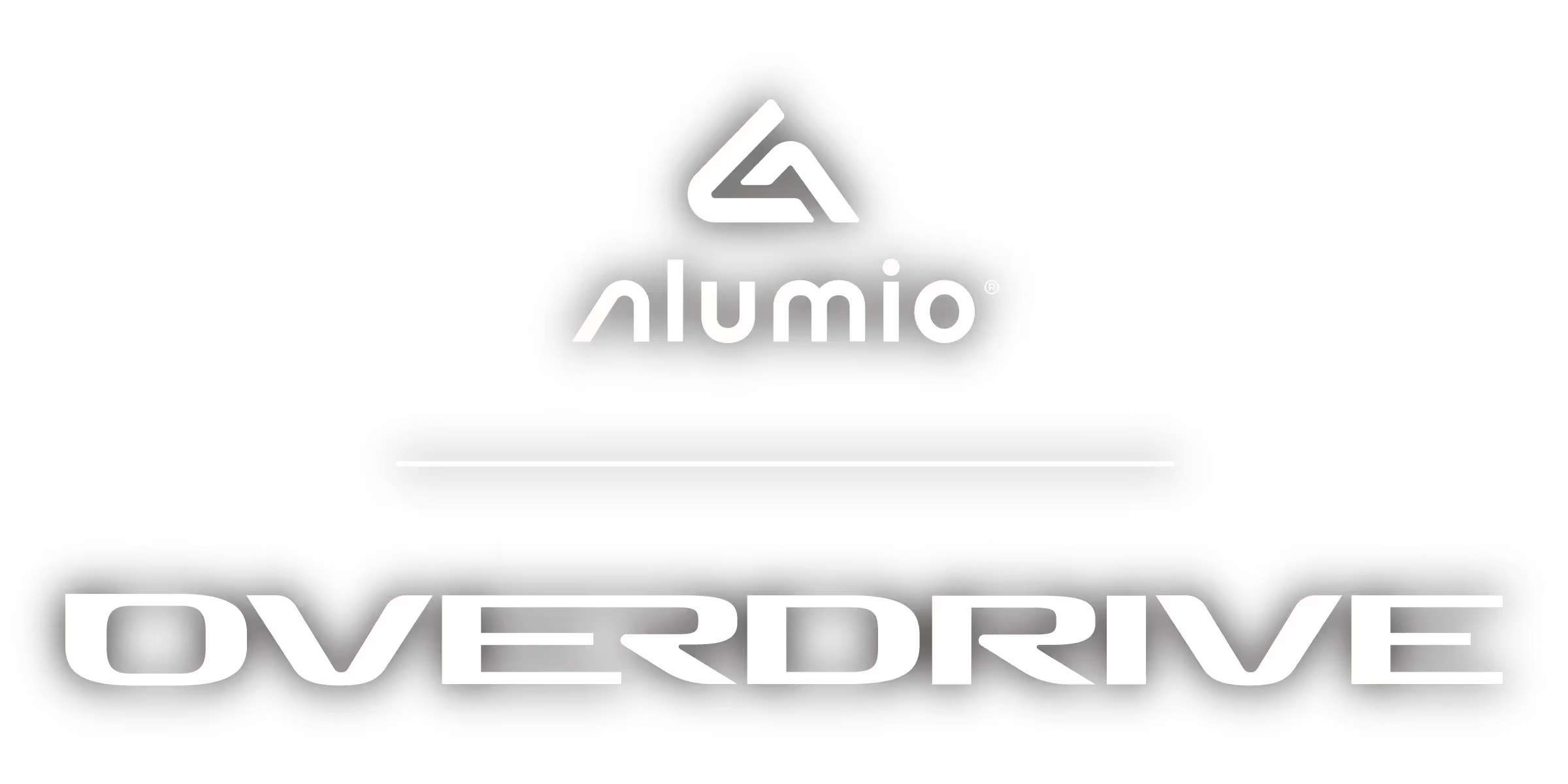Creating integrations for digital transformation
As most modernizing businesses invest in digital transformation and business automation, this greatly involves integrating key software solutions (SaaS) and cloud applications. By integrating applications such as e-commerce platforms, ERP systems, PIM, CRM, WMS, and other apps, businesses can digitalize and automate business processes across Marketing, Sales, Customer Service, HR, and all other departments.
However, the real questions are: what is the best way to create these integrations? How much time and cost should it take to build integrations? How quickly can they generate returns?
The traditional way to create software integrations involves using custom code. Contrary to the automation it helps achieve, developing and managing custom code software integrations requires a lot of technical expertise and manual work. It is costly, time-consuming, and extensively dependent on IT support.
In fact, the need to simplify and automate how businesses create, monitor, and manage these integrations, resulted in the advent of a next-gen integration solution called the iPaaS (integration Platform as a Service). An iPaaS is a cloud-based integration platform that helps businesses integrate systems, software solutions, and cloud applications, across on-premise and cloud environments.
One of the key reasons that businesses are switching to the iPaaS is the cost optimization benefits it entails, not just for integrations but also for business processes.
“Too often, we see integrations delivered as custom-built solutions, delayed in time and with a vast overrun in budget. These solutions offer no logging or monitoring features, resulting in integration problems that demand considerable operational costs".
The cost optimization benefits of the iPaaS vs custom code integrations
The custom code integration problem
When most companies try to create a software integration, such as an ERP to e-commerce integration or e-commerce to PIM integration, it involves creating point-to-point connections with custom code. These integrations can only be developed, managed, and monitored by senior developers or integration specialists since they are completely governed by custom code.
Many companies outsource the development and maintenance of custom code integrations to expensive integration specialists, which increases their third-party dependency. If integrations are managed internally, it demands the hiring of senior developers (who are hard to find) and dedicating a huge portion of valuable IT resources to deploy and govern these integrations. All of these alternatives are expensive, time-consuming, and drain valuable resources.
“…There is a huge software developer shortage across industries… Sweden faces 70K unfulfilled digital roles, 30% of companies cite a shortage of IT expertise in Norway… According to a statistic by ManpowerGroup, in the USA, 69% of employers struggled to fill tech positions in 2020...”
The Alumio iPaaS Solution
As a cloud-based, low-code integration platform, the Alumio iPaaS helps quickly and cost-effectively deploy and govern software integrations with automated tools and without custom coding. It’s a next-gen solution that doesn’t merely help businesses achieve ‘cost optimization’ through business automation. Rather, the Alumio iPaaS also helps businesses significantly optimize the cost and time needed to develop and maintain these software integrations for digital transformation.
Designed to supersede the problems of custom coding integrations, the Alumio iPaaS helps significantly lower the technical threshold for creating integrations. As a low-code integration platform, the Alumio iPaaS enables businesses to integrate two or multiple software solutions via one user-friendly interface, without any custom coding, and across on-premise or cloud environments.
It provides automated, self-service integration features that enable non-coding professionals, business users, and even Excel experts, to develop, govern, and orchestrate integrations. This includes various click-and-configure options to automate key integration tasks, such as mapping and data transformation.
The three key cost optimization benefits of the Alumio iPaaS
As a scalable and future-proof integration solution, there are three key cost optimization benefits that the Alumio iPaaS delivers:
- Reduced TCO (Total Cost of Operations)
- Improved TTM (Time to Market)
- Increased ROI (Return on Investment)
To read more about how the Alumio iPaaS results in these vital business benefits, download the whitepaper - ‘Cost Optimization Benefits of an iPaaS’.
In conclusion
Most digitalizing companies waste significant cost, effort, and time by experimenting with tedious point-to-point software integrations without the proper IT infrastructure. The Alumio iPaaS provides businesses with a next-gen, scalable solution. It helps seamlessly integrate new software solutions and migrate old legacy systems to new ones, and it helps integrate data from on-premise systems with cloud applications. Most importantly, it helps expedite business automation and digital transformation in a quick, cost-effective, and future-proof way.
Looking to experience how the Alumio iPaaS can help you boost cost optimization with application integrations? Click here to get a personalized demo by one of our integration specialists.

























